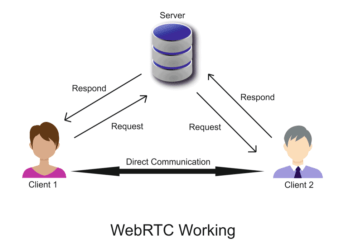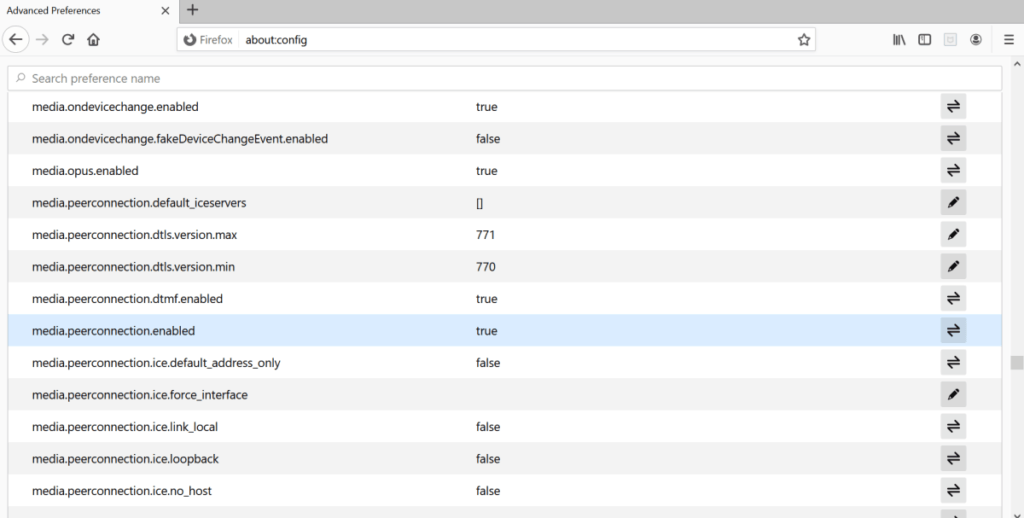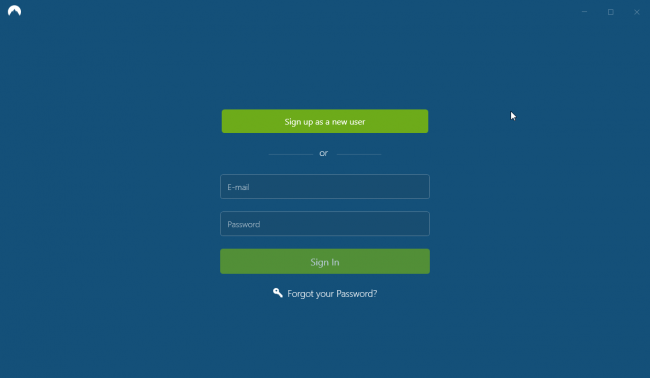What Is WebRTC Leak?
Whenever you have to use an internet service to protect your privacy and guard your identity, you run the risk of WebRTC leak problems. Even VPN users sometimes have to deal with it. But what exactly does it mean if the security product or service you’re using has a WebRTC problem?
The simplest way to understand a WebRTC leak is to think of it as any security vulnerability. Because of this vulnerability, your computer exposes your real IP address even though you may be using a service like a VPN or proxy.
But what is WebRTC?

WebRTC is an open-source project and stands for Web Real-Time Communication. The majority of web browsers make use of WebRTC technology in order to enable features such as P2P sharing along with voice and video chat.
Most of all, it eliminates the need to download lots of other add-ons and extensions to make these features work in your web browser.
So how does WebRTC determine users’ real IP addresses?
It makes use of another protocol called ICE, which stands for Interactive Connectivity Establishment. Once it has discovered the user’s IP address, it then utilizes TURN/STUN servers. These servers are also able to determine users’ real IP addresses.
Security Gladiators WebRTC Leak Test
Please disable all adblocker extensions and programs as the tool won’t work properly if they are enabled.
checking for leaks

Table of Contents
How Does a WebRTC Leak Test Work?
A WebRTC leak prevention test is more of a tool than anything else. These tools help the user to detect any kind of potential WebRTC leaks.
Whenever you use such a tool, it will show you two kinds of IP addresses: One will be your local IP address and the other will be your public IP address.
You get your public IP address from your ISP (internet service provider) and you get your local IP via your local area network. In other words, your router gives you your local IP address.
The WebRTC leak test tool shows you if you’re leaking your public IP address. When it comes to online privacy, your public IP address is the one that you need to worry about.
This is important:
Your public IP address is actually your virtual identity on the internet. Online services of all kinds make use of public IP addresses to know users’ real location.Is My WebRTC Leaking?
To know the answer, you just use our custom tool above. WebRTC testing is the only way to make sure you aren’t leaking your IP address either through WebRTC leaks or any other leak source.
What Does It Mean If I Have a WebRTC Leak?
WebRTC leaks happen when the service you’re using for your privacy is leaking your IP address for anyone with enough skills and resources to find out your real location.
As you can imagine, this can spell bad news for your privacy and data security.
If you don’t take steps to plug WebRTC leaks, you will not benefit from using a VPN service or a proxy service. Instead, you’ll have the illusion of safety while malicious actors on the internet make use of your IP address to not only launch cyberattacks against you but also steal your data and sell it to the highest bidder.
Fortunately, there are many things you can do to fix this.
The top three things that people usually do when faced with a WebRTC leak problem are:
- You can disable WebRTC on your web browser. Mozilla Firefox allows users to do that. Or you can download and install a web browser that does not have a WebRTC capability. For Firefox, in addition to disabling WebRTC, you can also disable the “media peerconnection enabled” option through the about:config page of the browser.
- You can also install web browser extensions and add-ons to fix WebRTC leaks. In the modern world of the internet, it is simply not feasible to disable WebRTC as it disables some of the most-used web browser features. You can also disable WebRTC on Chrome either through the settings menu or a WebRTC blocker extension.
- Finally, you can sign up for a VPN service that grants you full protection against problems such as WebRTC leaks.
There are lots of VPN service providers that advertise protection against WebRTC leaks, but they don’t always work. We’ve researched the best VPN services that protect against WebRTC leaks, as well as DNS and IPv6 leaks.
In the upcoming sections, we will talk more about how you can detect a WebRTC leak and why it happens.
How Do I Check for a DNS Leak?
To check if you have a DNS leak, there are a couple of steps you need to take to make sure you have a problem in the first place. Let’s go over them.
- First, you need to use a DNS leak test. As mentioned above, these tools help users find out whether their VPN services leak DNS information, but also offer practical and easy to follow tips on how to fix all kinds of DNS issues you may come across.
- To check if your VPN is causing DNS leaks, you need to check if your DNS leak check tool is displaying an IP address and a matching or corresponding location. If both of these match your real location and IP address, then there’s definitely a DNS leak. There are only two possible causes of a DNS leak here: Either you haven’t actually installed the VPN service properly or you installed it properly but the VPN service itself is malfunctioning.
- If your DNS leak tool allows for it, you can either perform the standard or the extended version of the test.
Assuming you’re using a VPN app to connect to a server in a location that’s different from your real location, then the DNS leak test should display DNS servers that aren’t at all related to your internet service provider.
Hence, your traffic would move through the network safely and securely.




